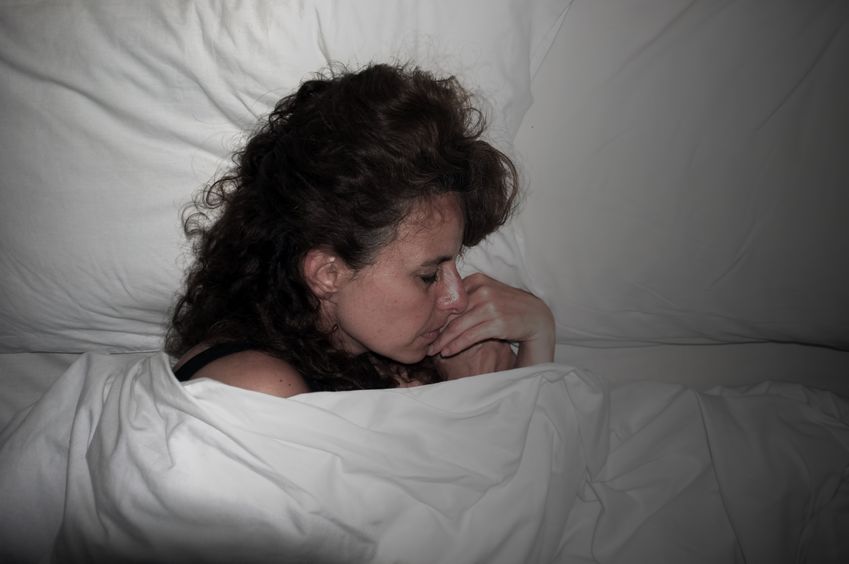Take a moment to look around your home, and count the number of light-emitting devices that are present– especially in your bedroom. You’ll find TVs, computer monitors, glimmering clocks, lamps and numerous electronic devices. What you may not realize is the role that light plays in your sleep and health.
Light and darkness are significant cues for your circadian rhythm (24-hour natural body cycle) to stay in sync. Artificial lighting at night (LAN), specifically around bedtime, is something that you should keep in mind.
How Light Works
Light is almost like a drug, with the release of the hormone melatonin being key. Produced by the brain’s pineal gland, melatonin is released when it’s dark to regulate your sleep/wake cycle, lowering your glucose levels, blood pressure, and body temperature to make for a restful night of sleep.
When your optic nerves in your eyes are exposed to light, a wake up signal is sent to a group of cells in the hypothalamus called the Suprachiasmatic Nucleus (SCN), which controls your circadian rhythm. Your body temperature raises, stops melatonin production, and hormones such as cortisol are produced to kick start the day.
LAN exposure knocks this rhythm out of sync, elevating cortisol levels at night, which causes sleep disruptions, insulin resistance, and system inflammation and disrupts the regulation of your appetite.
Light Exposure Before Bedtime
Numerous studies have found that exposure to room light reduces the duration of melatonin by 90 minutes, compared to dim light exposure. Also, keeping a light on in the room during your usual sleep time can suppress melatonin levels by 50%.
Light Exposure Findings
-A 10-year study of over 1,670 women found that those who expose to a higher exposure of light in their sleeping environment had a 22% increased chance of developing breast cancer.
-Chronic to dim lighting exposure has been linked to depression symptoms, a weakened immune system, and can also impair mood and learning. Even light coming from an alarm clock can have an impact on your body.
– Melatonin has been found to have antioxidant properties, perfect for anti-aging and reducing oxidative stress. This find is helping researchers understand aging and neurodegenerative diseases such as Alzheimer’s disease.
-Too much LAN exposure may contribute to weight gain by shifting the time you consume food.
Facts about light all point to how we need to keep our bedrooms as dark as possible and avoid blue light before sleep. An hour before bed, turn off all your electronics, close the blinds and fight the temptation to use your smartphone or tablet, your body will thank you for it the next day!
To read the original article…



No comments yet.